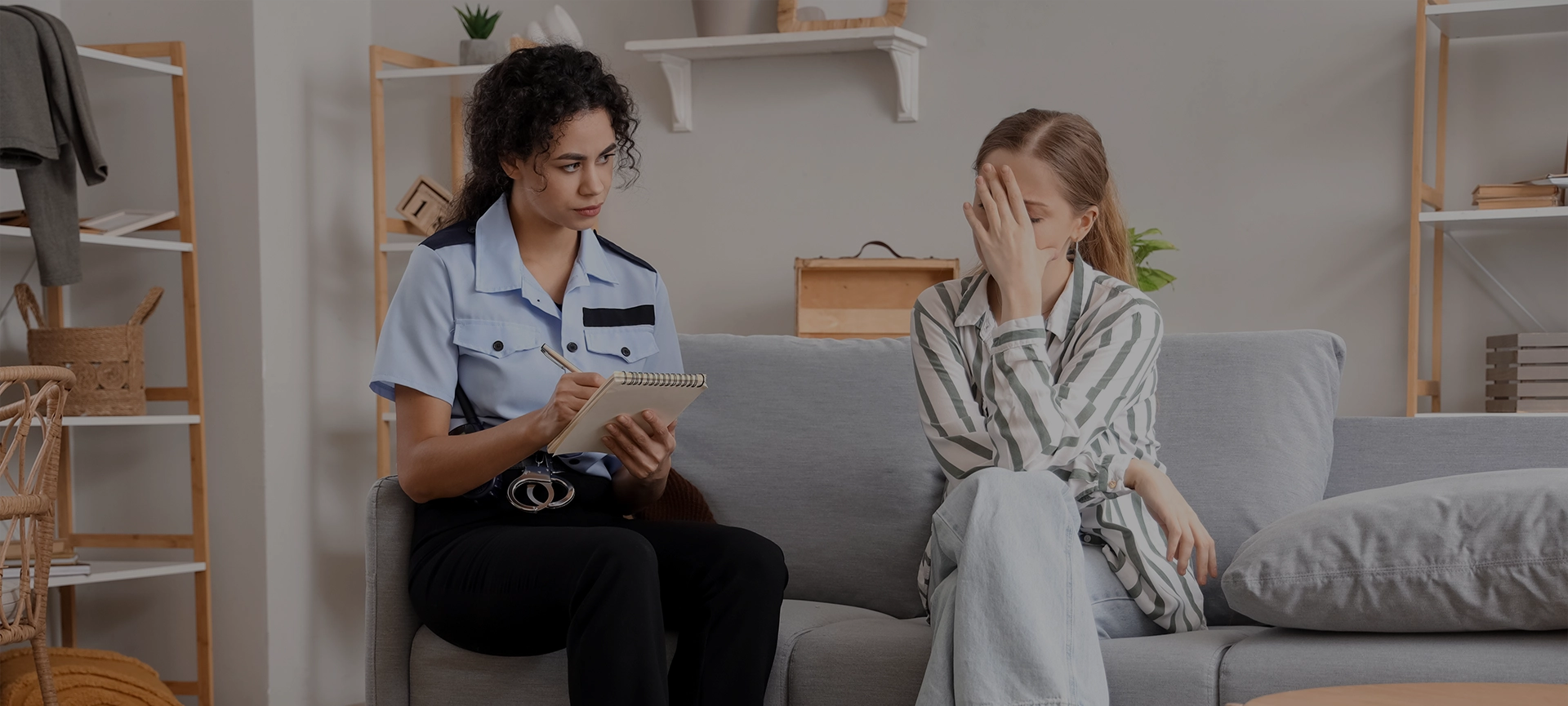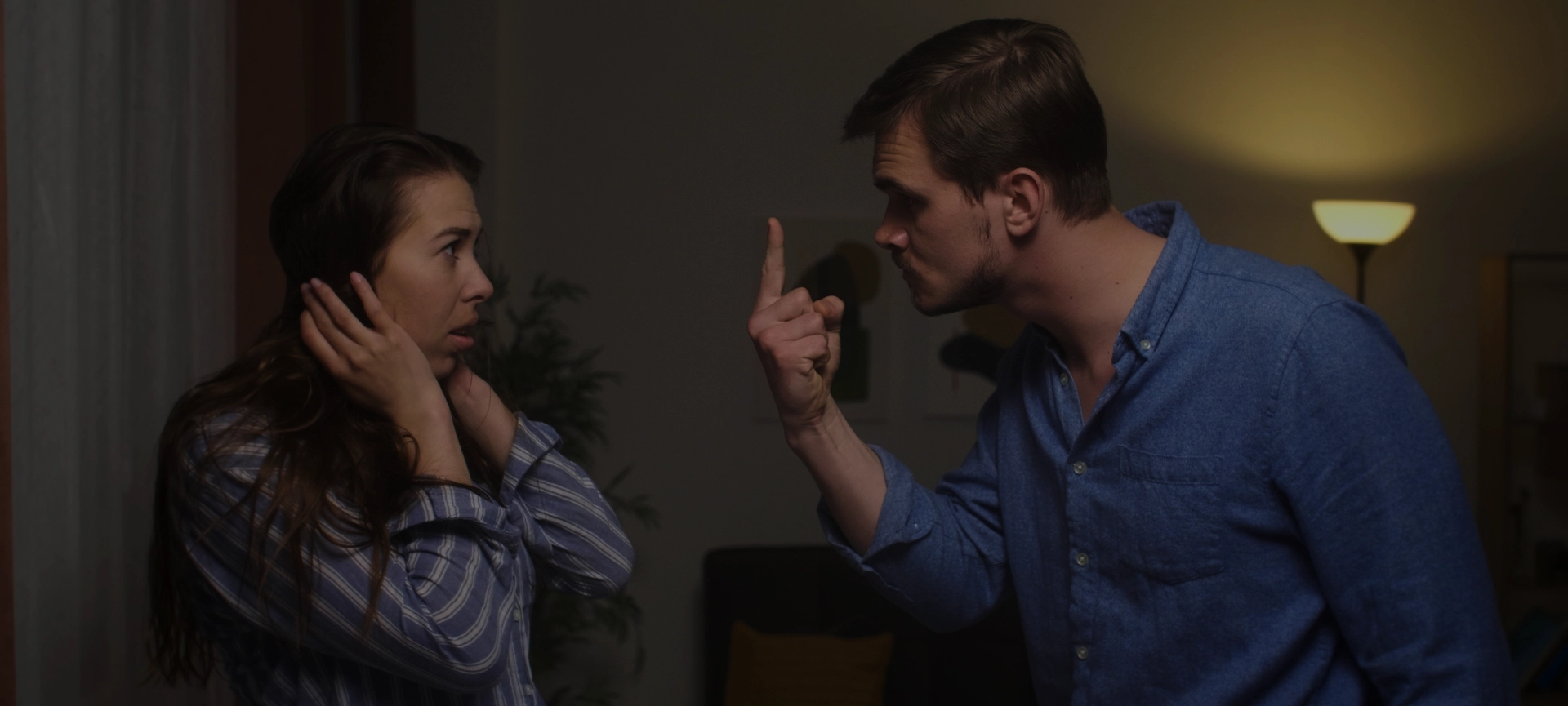No, finding a lost wallet does not give you licence to break into a private residence. Not even to return the wallet. Not even if you are a police officer. Never.
This is not rocket science. It’s common sense.
Enter the Keystone Kops of Montreal and the case of the lost wallet.
The bizarre incident, as first reported by the Montreal Gazette, began with a lost wallet turned into police by a Good Samaritan.
Montreal police officer Ghyslain Lavoie did what all responsible officers would have done. He tried to return the wallet to its owner — at 3:22 in the morning.
Lavoie rang the doorbell and, unsurprisingly for the hour, no one answered.
Not to be deterred, the intrepid Lavoie and his partner officer, Milena Maturana, returned to the house the following night at 1:46 a.m.
A completely normal time for a spontaneous house call.
Again — surprise, surprise — there was no answer when they rang the doorbell.
Lavoie then examined a car parked in the residence’s driveway and noticed a wallet on the passenger seat. The car door was unlocked, so naturally Lavoie open the door and took the wallet. He confirmed that it also belonged to a resident of the house.
Now in possession of the lost wallet and the wallet he had just seized from the car, Lavoie was even more determined to return the property.
A reasonable person may have left a note, or called the next day, or returned when the sun was up. But although Lavoie and Maturana may have been fully trained police officers, they were not reasonable people.
Lavoie told the police ethics committee that he decided to break into the house through an unlocked back door to “verify if a theft had been carried out or to see if someone inside needed help.”
The homeowners woke up in the middle of the night, confronted by two armed intruders in their house.
The only crimes that had been committed were by the police.
It is easy to see how this whole boneheaded affair could have ended in tragedy. Instead, it ended with Lavoie receiving a three-day suspension.
It would be naive to chalk this incident up as a good deed gone wrong, as the officers claimed. The homeowner was a prominent criminal defence lawyer. And the actions of the police officers defy logic and reason. Something seems untoward, and there is reason to be suspicious of these officers and their outlandish explanation for their obviously unconstitutional and illegal acts.
Even taking them at their word, they exceeded the scope of their authority, committed criminal offences including breaking into a house without a warrant, and created a situation that could easily ended in tragedy.
How the heck could this have happened? How can the police not know the very basic limits of their power?
The answer to this one is easy. Police are ignorant of the limits of their powers and the scope of civil liberties because that is the way they want it.
Police officers are instilled with extraordinary powers, including the ability on reasonable grounds and with prior judicial authorization to search the most private areas of our life and seize our property. Police can arrest, detain, use force, and conduct themselves in a manner that would land an average citizen behind bars.
Part of the social bargain in granting police extraordinary powers is that there must be confidence that police know the scope and limits of those powers. Police forces must be held to the highest training and educational standards; ignorance and negligence cannot be tolerated.
But police forces across Canada have consistently resisted calls to establish formal and mandatory continuing education about Charter rights and the limits of their power. In fact, I am not aware of any such continuing and mandatory education.
Former Ottawa police chief Charles Bordeleau once said that police officers are not required to take refresher training on Charter rights, but instead keep apprised of changes in the law through, for example, peer-to-peer training and computer-based modules.
I have cross-examined police officers on these training methods. The reality is that there is no formal Charter/rights/scope of power training for police officers, no mandatory yearly refreshers, and often the “training” is optional.
Peer-to-peer training may consist of informal conversations and mass emails that many officers don’t read, and the overreliance on it seen in court decisions such as an Ottawa judge’s finding of “a lack of systematic education of [police] officers.” When one incompetent officer trains a fellow officer, peer-to-peer style, we should not be surprised that incompetence is passed along.
This garbage-in, garbage-out training style was on full display in the Ottawa case, in which the judge commented that she was “particularly troubled that a sergeant of the Ottawa police force, an officer with 30 years experience, an officer who is in charge of guiding and supporting other officers and providing advice to constables, an officer who works in general uniform patrol on the streets of Ottawa, is not aware that an accused’s right to counsel are engaged on detention. This is particularly troubling given that the officer said he was unaware of the need to advise detained individuals of right to counsel.”
That was 10 years ago, and despite numerous court decisions highlighting Charter violations and abuse perpetrated by the Ottawa police, nothing has changed.
It is a similar story across the country: a lack of formal and mandatory rights training, a laissez-faire attitude to civil liberties, and a resistance to police accountability measures.
The story of the Montreal police turned break-and-enter artists might seem funny at first: dumb cops doing stupid things. But even taking the officers’ explanations at face value, the incidents provide a perfect illustration of why we need to reform police training.
If officers are spending their nights breaking into houses to return wallets, maybe we should be defunding police. And if police can’t grasp the basic limits of their powers, maybe we should be insisting on better training.
Police receive annual training on how to fire their guns and how to use force to effect arrests. Why not annual training on their constitutional obligations?



